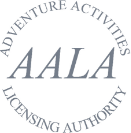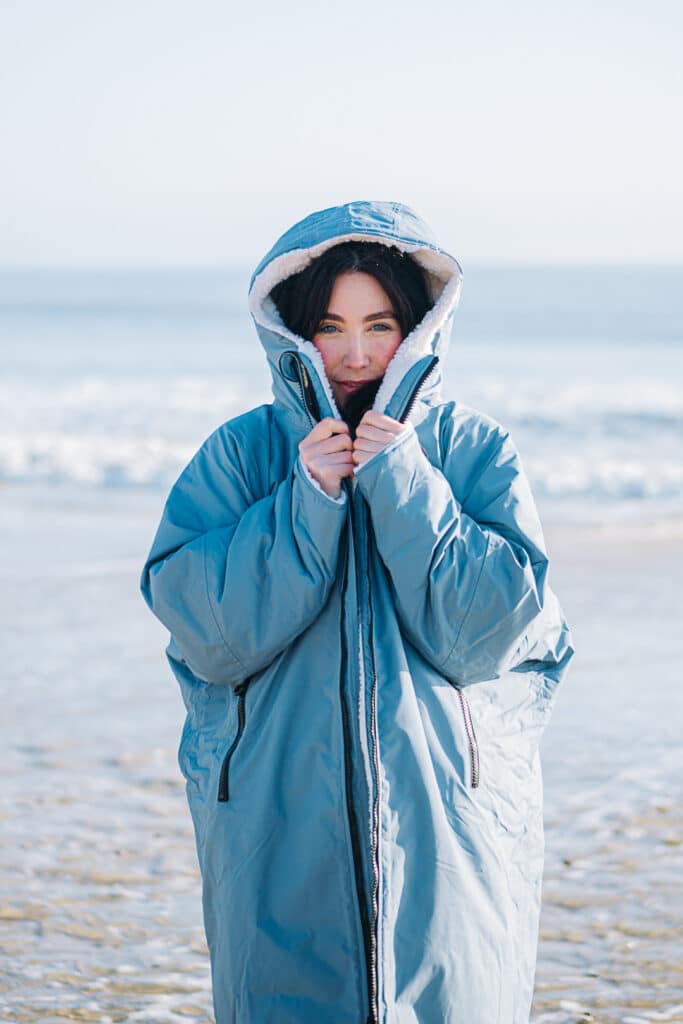Working in the Adventure Industry as an Outdoor Instructor is brilliant.
Getting enough qualifications to get a good job as an Outdoor Instructor can take some planning.
If you want a career in the great outdoors you’re going to need to choose the best way for you to get qualifications and experience.
We’ve listed a few different pathways below, these are the most common routes into a career as a professional Outdoor Instructor.
We’ve found someone that’s followed each route that’s currently working for Land & Wave and asked them to share their experiences
Working as an Apprentice or Trainee Instructor
Lots of people start out as Apprentice or Trainee instructors working for BIG companies like PGL or Acorn Adventure
Pros: No need to invest in your own professional development, good fun, lots of experience working with groups of young children, you’ll learn lots of songs
Cons: Little or no chance of getting real activity qualifications, repetitive work, lack of variety, very low wages with little chance of promotion or increases in pay, you’ll need more training to get a good outdoor instructor job.
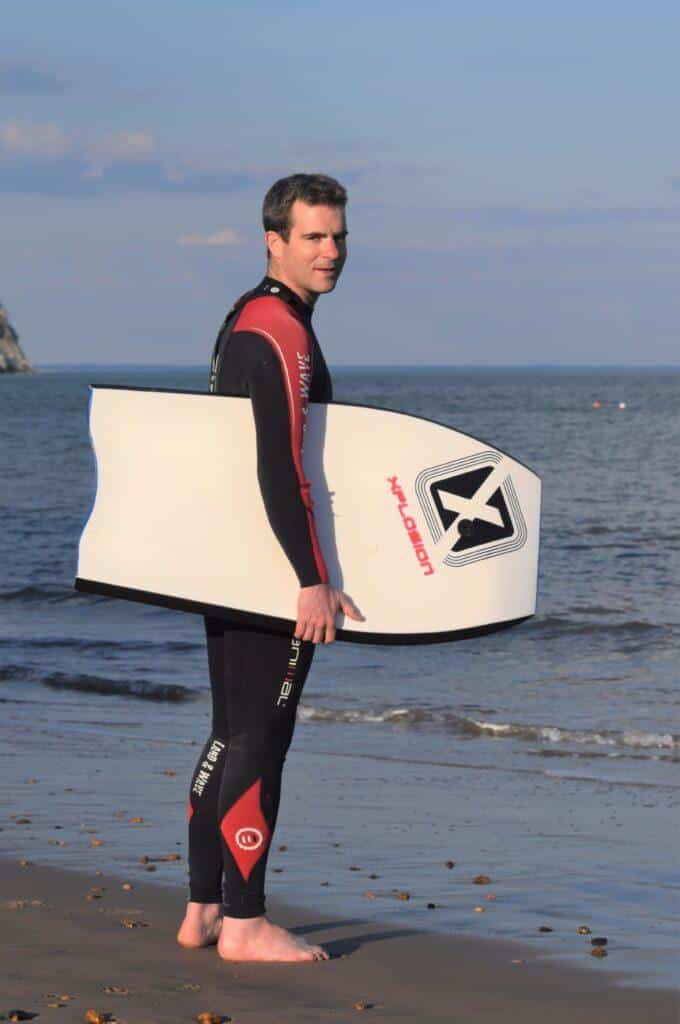
Who’s done it? David Mutton – Operations Director
David says: I had a great time at PGL for almost 3 years. I got lots of experience working with school groups but didn’t really start developing professionally until I left PGL.
Going to University to study Outdoor Education or a related subject
There’s a good choice of university degrees with a focus on outdoor education or adventure sports. Most degrees will take you three years to complete.
Pros: Great for meeting people, spending lots of time in the pub and having adventures in all the free time you get,
Cons: A degree will probably leave you at least £44,000 in debt, you probably won’t get any real outdoor qualifications (or they’ll cost you extra), 3 years is a long time! You’ll need MORE training, after university, to get a good outdoor instructor job.
Who’s done it? Owen Senior – Business Development Director
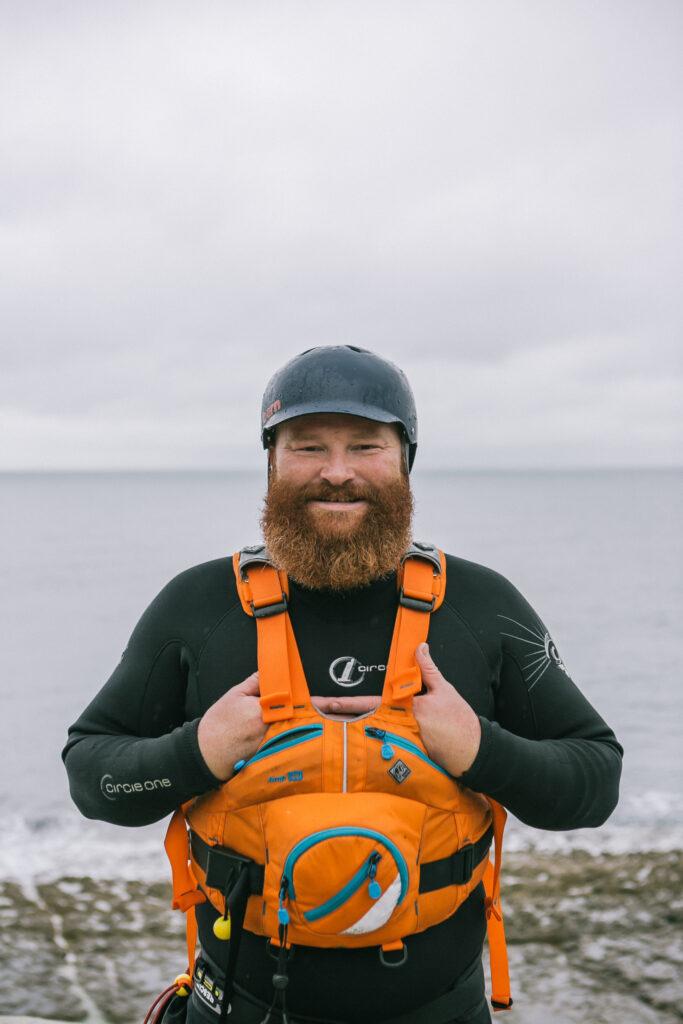
Owen says: I loved uni because of the people, I made great friends and had lots of good times. I didn’t get any real outdoor qualifications.I don’t regret my time at university but it’s not really contributed to my career or professional development.
There’s a number of quite intensive outdoor instructor training courses. They offer lots of real outdoor qualifications and normally last for 4 months during the winter.
Pros: Brilliant for getting lots of real qualifications quickly, great for meeting like minded people,- most courses offer a direct path into a good outdoor instructor job.
Cons: You’ll need to pay upfront for your training, your training will be cheaper overall, but you’ll have to make an initial investment in your own professional development.
Who’s done it? Sam Locke – Teacher: Outdoor Education
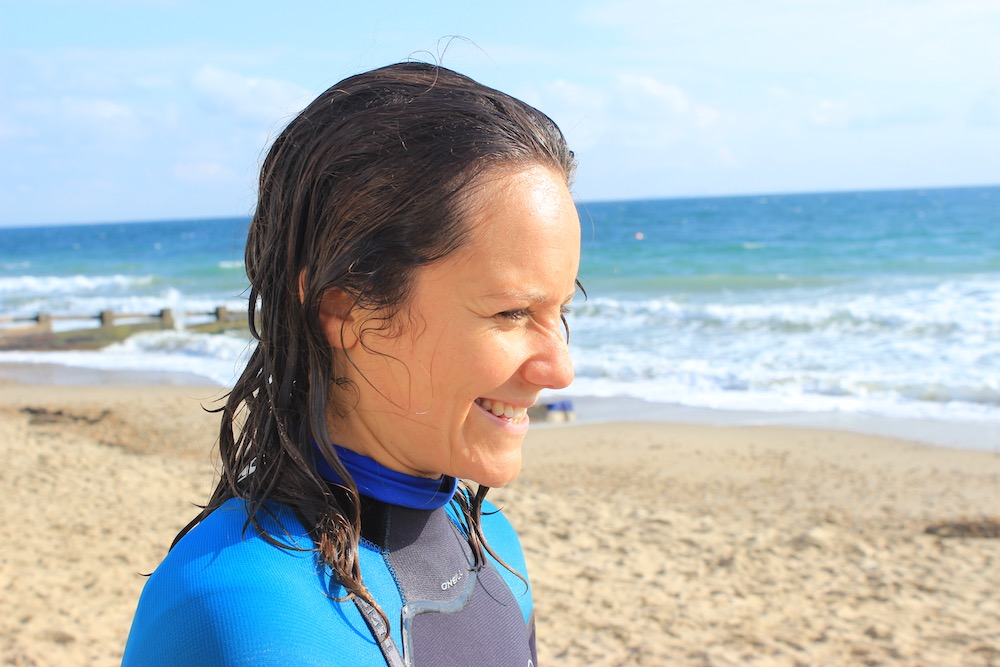
Sam says: Outdoor Instructor Training worked really well for me. I wanted to work hard and get qualified as quickly as possible. I think Outdoor Instructor Training followed by a season working for a good outdoor company is the best way to kick start your career in the outdoor industry
Work out what works best for you and go for it!
Decide which professional training course, university degree or entry level job works best for you; think about what you want to be doing in a years time, three years time and for the rest of your career (scary!) and work hard at it.
Good luck out there…
“The Secret of getting ahead is getting started” – Mark Twain

